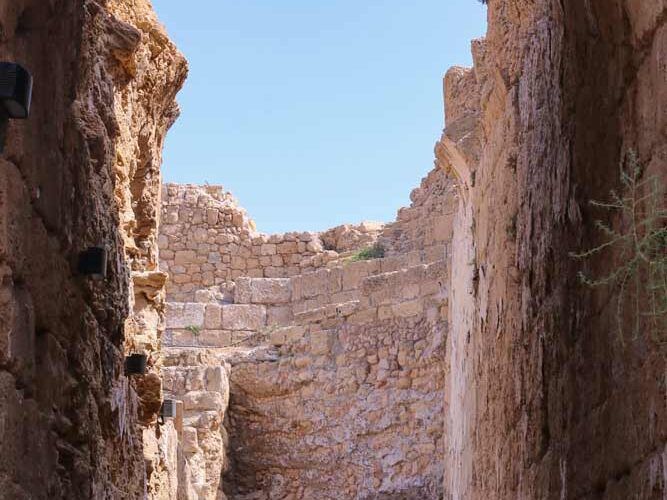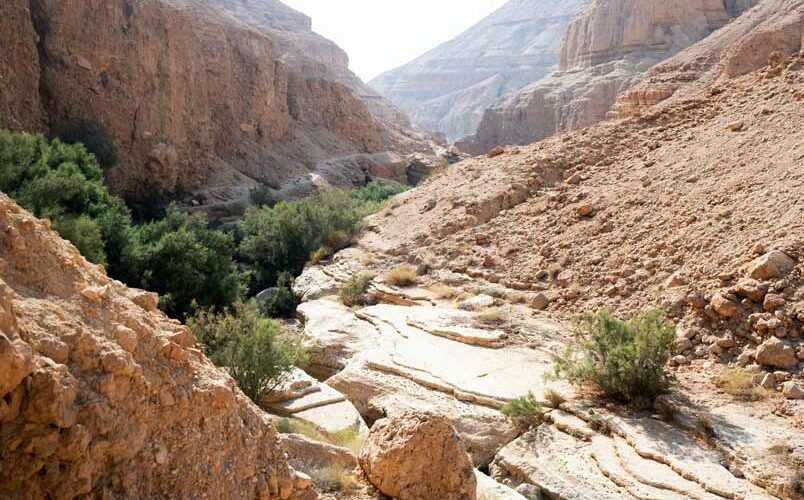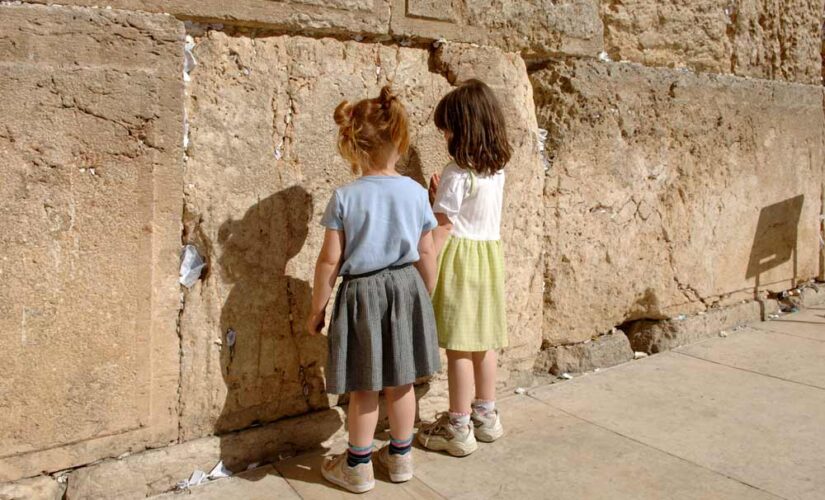#05 Live in a country where Kohanim bless the nation daily

Among Jews in Israel, the ceremony is performed every day during the repetition of the Shacharit Amidah, and it is repeated on Mussaf on days that include this prayer. On Yom Kippur, the ceremony is performed during the Ne’ila service as well. On fast days other than Yom Kippur, it is performed at Mincha, if said in the late afternoon; when Mincha is recited earlier in the afternoon, most communities in Jerusalem omit the blessing, but in Bene Berak it is generally recited in accordance with the ruling of the Chazon Ish. The reason for offering the blessing in the afternoon only on fast days is that on these days Kohanim cannot drink alcohol prior to the ceremony.
The Priestly Blessing or priestly benediction, (Hebrew: ברכת כהנים; translit. birkat kohanim), also known in rabbinic literature as raising of the hands (Hebrew nesiat kapayim) [or rising to the platform (Hebrew aliyah ledukhan) or dukhanen (Yiddish from the Hebrew word dukhan – platform – because the blessing is given from a raised rostrum) or duchanning, is a Hebrew prayer recited by Kohanim (the Hebrew Priests, descendants of Aaron). The text of the blessing is found in Numbers 6:23–27.
According to the Torah, Aaron blessed the people, and HaShem promises that:
“They (the Priests) will place my name on the Children of Israel (the Priests will bless the people), and I will bless them”.
Chazal stressed that although the priests are the ones carrying out the blessing, it is not them or the ceremonial practice of raising their hands that results in the blessing, but rather it is God’s desire that the blessing should be symbolized by the Kohanim’s hands.
Even after the destruction of the second Hebrew Temple in Jerusalem, the practice has been continued in Jewish synagogues, and today in most Jewish communities, Kohanim bless the worshippers in the synagogue during special Jewish prayer services.



